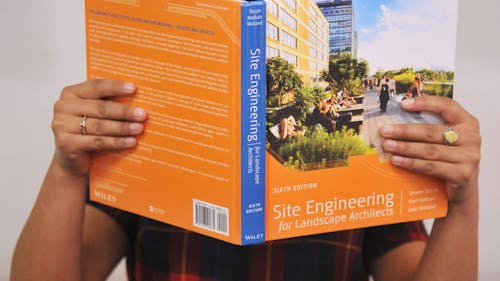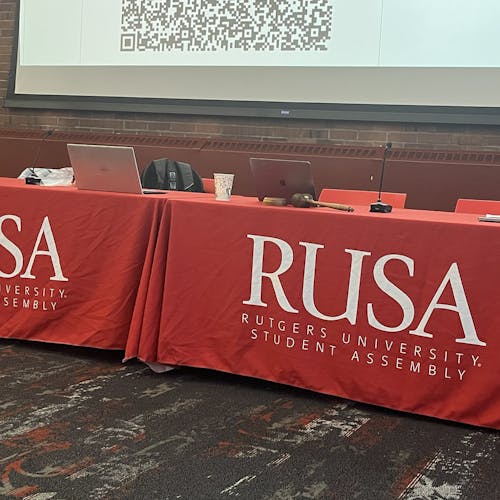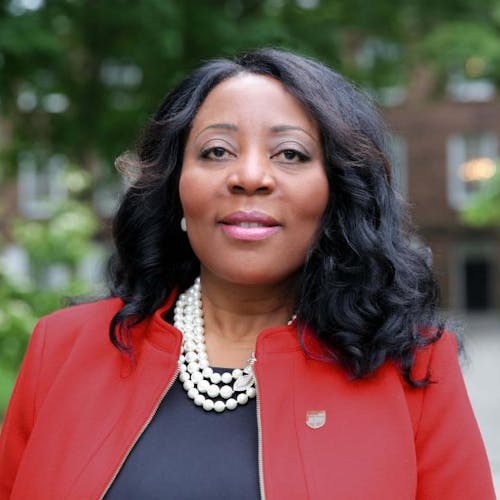Students share thoughts on class requirements at Rutgers

Rutgers students are required to take certain requirements to complete their degrees, but students have conflicting opinions about what these requirements should be.
Sean Lin, a School of Arts and Sciences senior, said it is crucial for students to have a fundamental grasp on scientific concepts.
“During my sophomore year, I took a conceptual physics course for my humanities majors to fulfill a natural science and honors requirement,” Lin said. “It was eye-opening in the sense that I could explore concepts outside of my major without delving too deeply into quantitative material.”
It is essential that students understand how the world operates, Lin said, even at the most basic level.
“I think the natural science core requirement is a step in the right direction but, unfortunately, many students don’t take courses like 'Dinosaurs' or 'Planet Earth' very seriously,” Lin said. “A conceptual physics or conceptual chemistry course should be mandatory across all majors.”
Medha Venugopal, a School of Arts and Sciences junior, finds many school requirements fitting but thinks there should be general mandatory classes that assist with life skills after college, such as applying to other schools, jobs or starting a family.
“I (also) think there should be at least one finance class that is a math requirement,” Venugopal said. “There’s a lot of people graduating college knowing a lot about everything except how to manage their money.”
While some students find science and math classes imperative for a well-rounded education, others place value in the humanities.
Momina Manzoor, a School of Arts and Sciences senior, said she thinks many college students are not well informed enough on politics or current moral and social issues.
“I took class called 'Current Moral and Social Issues' and though it was based on philosophy, the class was centered around forming arguments to support ones stance,” Manzoor said. “I found that useful not only to everyday life but I found myself finally being able to support my stances on certain subjects such as abortion, euthanasia, etc.”
Manzoor said that she does not follow politics that much, so in order to challenge herself next semester she plans on taking a class to learn about topics outside her major that matter in "the real world".
James Forder, a School of Engineering sophomore, said he is satisfied with the requirements he has to take for his major but also thinks students should take courses they are genuinely interested in.
“It seems to me that students learn best when they like the content of the course they're in,” Forder said.
Some students find that school requirements attempt to develop well-rounded students within their majors, but are not as flexible as they should be.
Lin said she think students should be given more leeway to tailor their undergraduate experience the way that they desire, rather than be forced to adhere to a core curriculum.
“The strict, unforgiving nature of Rutgers core requirements doesn’t encourage students to take courses for their own intellectual enhancement,” Lin said.
Manzoor said requirements right now are too scattered. It has come to the point where she is taking a class only because she needs to, not because she is interested in learning about the topic.
“Why should I spend all that money on tuition to take a history class that I realistically will never need in the modern world? Requirements should be required to prepare students for the everyday life,” she said.
Students should be culturally aware, Manzoor said, but through the scope of the modern world.
“Unfortunately, I find that Rutgers academic system — specifically, the need to fulfill 120 academic credits, inflexible core requirements, etc. tends to create credit-hungry, grade-obsessed students,” Lin said.
She said she understands that more difficult disciplines such as biology and accounting are not as flexible but she think it is crucial that students are encouraged to take classes that pique their interests.
“I have the opinion that liberal undergraduate experiences are the most effective in developing culturally aware students,” Lin said.



